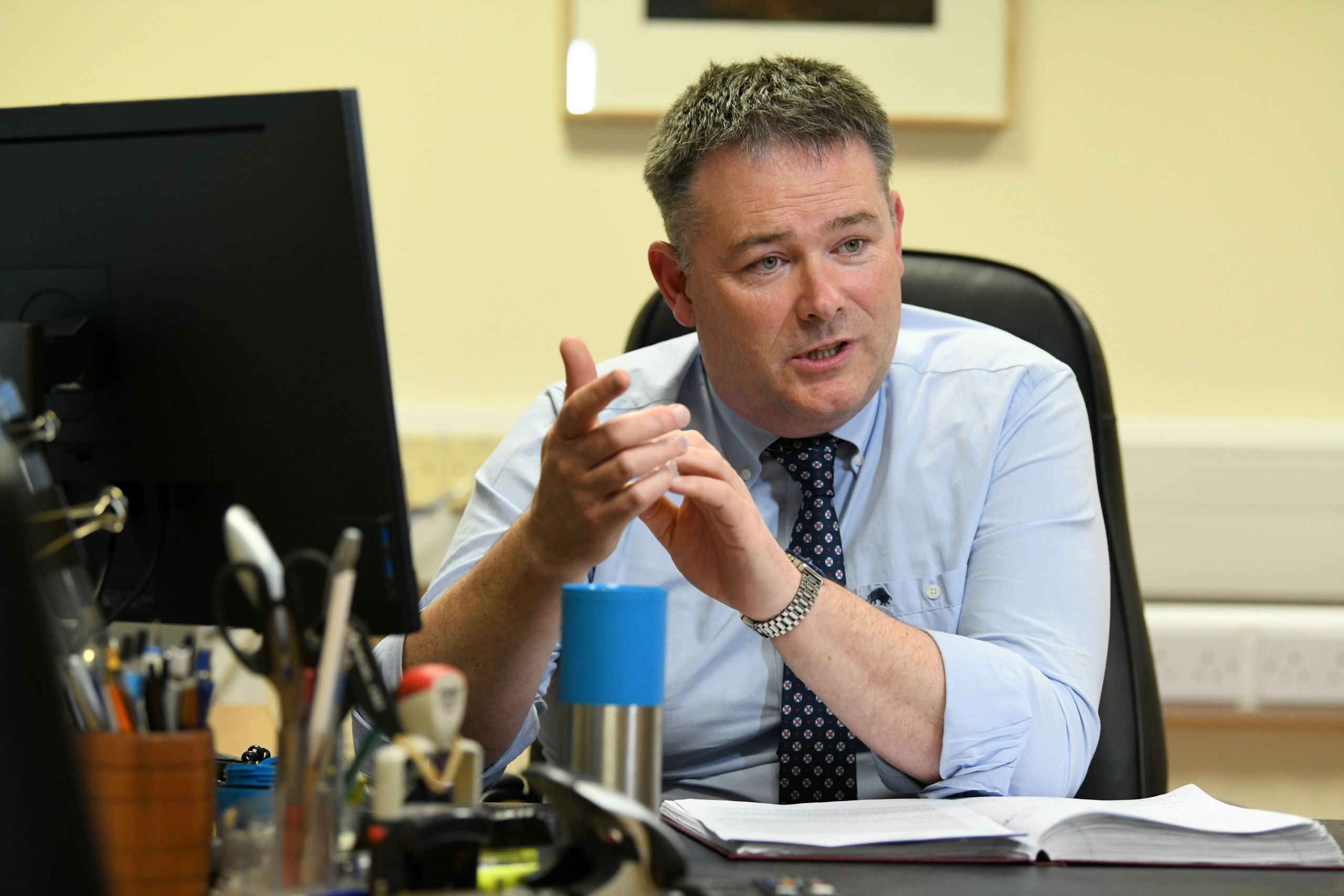Whether it is profiling mid-league local drug dealers, raiding dental practices suspected of money laundering or investigating the findings of the Moriarty Tribunal, the mission of the Criminal Assets Bureau is the same, to disrupt criminal activity by stripping away the rewards of crime. It is a narrow remit but the reach of the Cab has been profound since its inception in 1996 following the gangland murders of Detective Garda Jerry Mc Cabe and journalist Veronica Guerin. To put it into hard currency terms, the agency returned a total of €13.8 million to the exchequer in the past three years.…
Cancel at any time. Are you already a member? Log in here.
Want to read the full story?
Unlock this article – and everything else on The Currency – with an annual membership and receive a free Samsonite Upscape suitcase, retailing at €235, delivered to your door.

